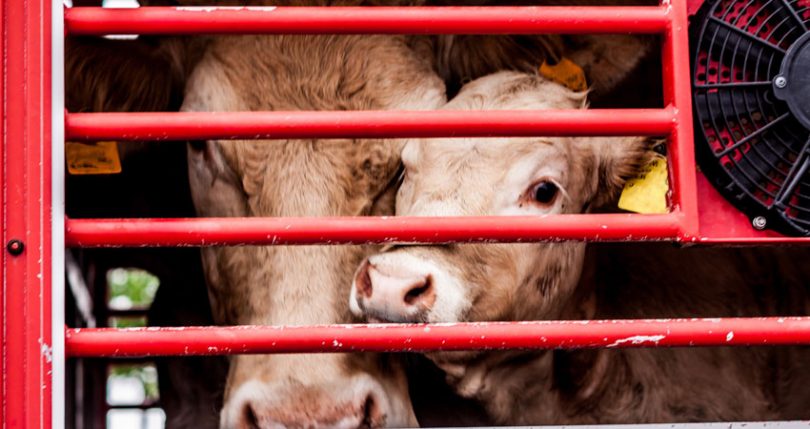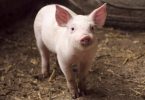The UK’s Food Standards Agency (FSA) completed a blockchain pilot at a cattle slaughterhouse. In the first phase the slaughterhouse and the FSA had permission to access the data. The plan is to include additional locations and to bring in the farmers so they can see their own data as well.
Sian Thomas, Head of Information Management, said:
“This is a really exciting development. We thought that blockchain technology might add real value to a part of the food industry, such as a slaughterhouse, whose work requires a lot of inspection and collation of results.”
“Our approach has been to develop data standards with industry that will make theory reality and I’m delighted that we’ve been able to show that blockchain does indeed work in this part of the food industry. I think there are great opportunities now for industry and government to work together to expand and develop this approach.”
So at this stage, the focus was more on oversight, but as farmers join the tests there’s more potential for traceability.
Food traceability
The obvious application for food traceability is when a supply is contaminated and there’s a need to identify the source. Statistics show that one in ten people suffer from food poisoning every year.
The identification of infected food isn’t just to stop further infection, but also to prevent waste. Often a retailer buys a product from multiple vendors, for example lamb chops. If there’s a problem with lamb but it’s hard to identity different sources, they’d have to throw out all lamb.
The challenge with food traceability, particularly for large retailers, is to trace foods all the way through the supply chain. If it’s tricky to get large wholesalers and logistics companies on board, then encouraging the participation of farmers in remote parts of the world will be harder. And without that, the whole concept fails. So it could be that blockchain tokens might be needed as an incentive.
Blockchain traceability projects
There are several projects targeting food traceability.
Walmart and IBM have done some food traceability trials in the US and China. In August last year they expanded this to a group of nine companies, including Nestle, Unilever and Tyson Foods. A focus on China makes a lot of sense, given there’s a better change of adoption lower down the chain.
SAP is working on a food provenance project with Target, Kelloggs, Tate & Lyle, Johnsonville, Natura & Co and Maple Leaf.
FoodLogiQ a specialist in food supply chain traceability, launched their product a month ago. They also attracted big names such as Tyson Foods and Subway.
Despite these trials, it may require more mainstream cryptocurrency adoption before blockchain food traceability can take off.






